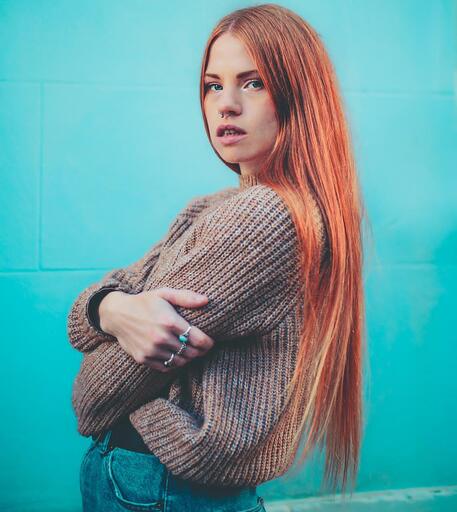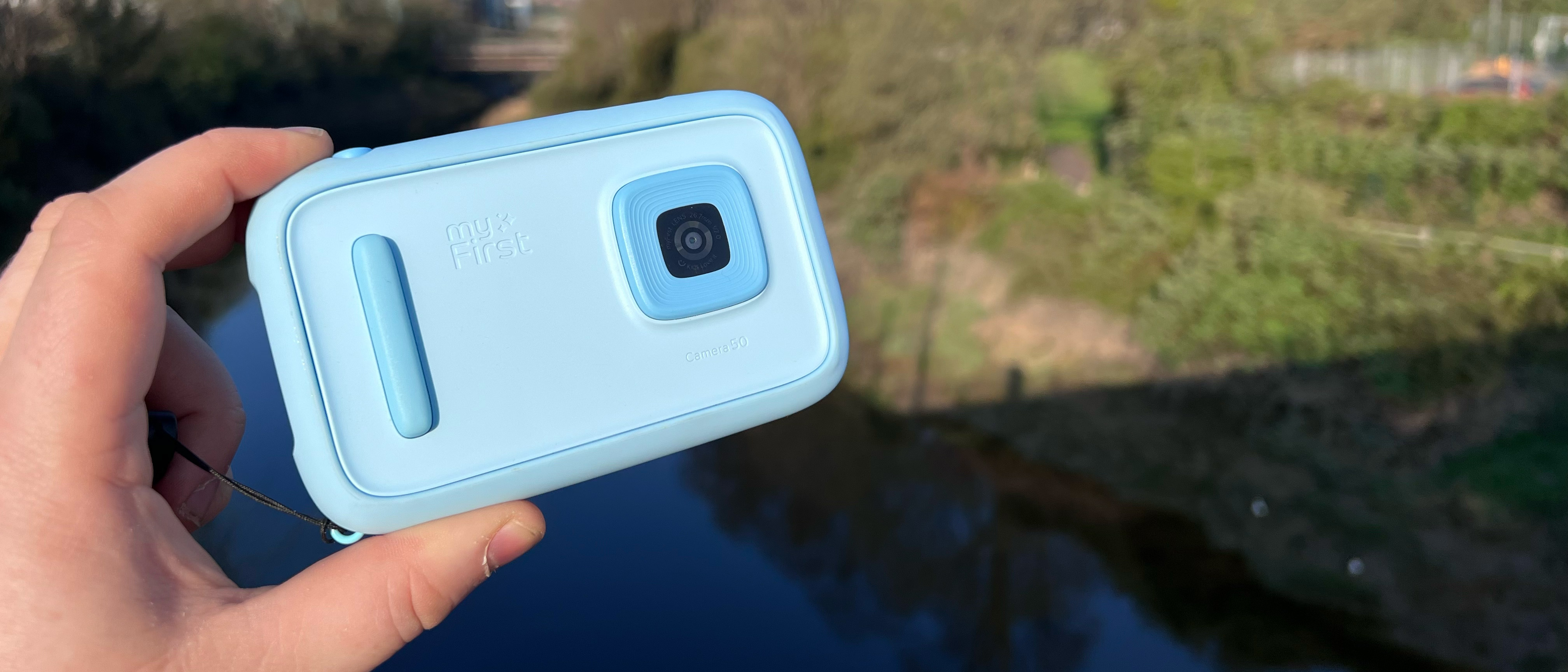Japanese camera industry announces support for development of tech that can combat AI fakes and validate real photos
In a world where AI-generated images can't be distinguished from real images, it's become increasingly important to develop technology that can tell the difference

AI technology is advancing at incomprehensible speeds and whether for better or worse, it has captivated the world. The Japanese Camera & Imaging Products Association (CIPA) has just released a statement in regards to how AI is used in digital cameras and how it hopes to combat fake imagery.
While the rapid evolution of sophisticated generative AI technology has completely transformed the way in which we retouch and edit photos, AI image generators have enabled anybody to create realistic-looking images that are hard to distinguish from ones taken on a camera so there has been growing demand for in-camera tech that authenticates an image.
The ever-advancing world of AI leaves us with a dual landscape where positive advancements and potential risks generate a certain level of expectations and concerns. While many are buying into the accessibility and ease of AI-powered tools (for example the release of Adobe Firefly’s generative AI tool has made my editing workflow so much easier), there is a lot of talk about how AI is being used to create fake images that are getting passed off as genuine.
• Have a go at creating a realistic photo using one of the best AI image generators - just make sure you don't pass it off as real!

CIPA recognizes that AI technologies are already integrated into various features, such as subject recognition and shooting scene analysis which contribute to a more efficient and effective final image. Just last week we posted about how Sony and Associated Press have paired up to develop an in-camera authenticator that validates the realness of an image by creating a “birth certificate” at the time of capture - a feature that is becoming increasingly more in demand.
This surge in AI integration into image processing raises important ethical considerations and the worry is photographers and in particular photojournalists may soon find themselves grappling with ambiguity as to whether their photo is a faithful representation of an event of whether it has undergone AI processing. With the global rise of fake images and videos as a pressing social issue, the development of AI technology to distinguish between genuine and manipulated visual content in order to ensure trust in an image or video is of great importance.

Recognizing the transformative potential of AI in shaping the future of digital cameras, CIPA, representing a majority of the world's digital camera manufacturers, acknowledges the necessity for responsible actions to address the potential risks associated with AI integration. CIPA is committed to maximizing the benefits of AI technology while simultaneously addressing the ethical concerns it introduces.
Get the Digital Camera World Newsletter
The best camera deals, reviews, product advice, and unmissable photography news, direct to your inbox!
To fulfill this responsibility, CIPA is set to actively promote studies aimed at ensuring transparency in the use of AI technology in cameras. Additionally, the organization will focus on researching technical and institutional mechanisms to guarantee the authenticity of images captured with cameras. By taking these proactive measures, CIPA aims to instill confidence in the users of digital cameras and contribute to the responsible development and use of AI technologies in the field of photography.

Having studied Journalism and Public Relations at the University of the West of England Hannah developed a love for photography through a module on photojournalism. She specializes in Portrait, Fashion and lifestyle photography but has more recently branched out in the world of stylized product photography. Hannah spent three years working at Wex Photo Video as a Senior Sales Assistant, using her experience and knowledge of cameras to help people buy the equipment that is right for them. With eight years experience working with studio lighting, Hannah has run many successful workshops teaching people how to use different lighting setups.
